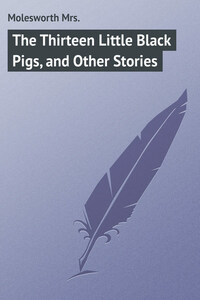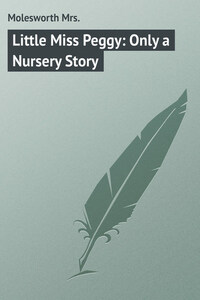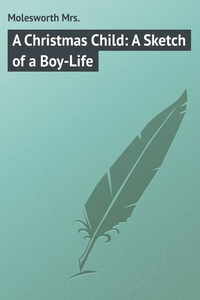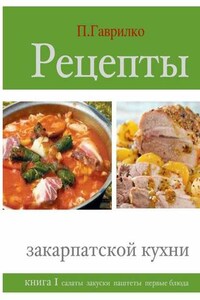The house stood on rising ground, and the nursery was at the top of the house – except of course for the attics above – so there was a good view from the two large windows. This was a great comfort to the children during the weeks they were busy getting better from a long, very long, illness, or illnesses. For they had been so unwise as to get measles, and scarlet fever, and something else – I am not sure if it was whooping-cough or chicken-pox – all mixed up together! Don't you think they might have been content with one at a time? Their mamma thought so, and the doctor thought so, and most of all, perhaps, nurse thought so.
But when they began to get really better, they themselves weren't so sure about it. Maxie said to Dolly that he really thought it was rather clever to have finished up all the illnesses at once, and Dolly agreed with him, adding that their cousins had been nearly as long "with only measles." But nurse, who heard what they were saying, reminded them that instead of them "finishing up the illnesses," as Master Max said, it might have been the illnesses finishing them up. Which was true enough, and made Max, who was the older of the two, look rather grave.
And then the getting better was very long, especially as it was early spring, and there were lots of damp and chilly days still, and for weeks and weeks there was no talk or thought of their going out, and it was very difficult indeed not to get tired of the toys and games their mother provided for them, and even of her very nicest stories. Besides, a mamma cannot go on telling stories all day, however sorry she is for her little invalids, and however well she understands that when people, little or big, have been ill and are still feeling weak, and "unlike themselves," it is very, very difficult not to be discontented and quarrelsome. So but for the nursery windows I don't quite know what the children would have done sometimes.
The windows both looked out at the same side, which was a good thing in some ways and a bad thing in others. Each child had a special one, and as Dolly said to Maxie, "if yours had been at the back, you could have told me stories of what you saw, and I could have told you stories of what I saw."
"It couldn't have looked out at the back," said Max, who was more of an architect than his sister, for he was two years older, "for it's there the nursery's joined on to the house. It could only have looked to the side, and the side's very stupid – just shrubs and beds, nothing to see except the gardeners sometimes, and p'r'aps there'd have been a scroodgy bit of seeing round to the front, so I'd rather have it as it is. Indeed, if there had been one at the side, I wouldn't have had it for my window at all."
"You'd have had to," said Dolly, her voice sounding rather "peepy," "'cos I'm a girl, and I hope you're a gentleman."
"I'm the eldest," said Max, "and that always counts. Stuff about being a gentleman; the Prince of Wales won't give up being king to let his sister be queen, will he?"
This was rather a poser.
"Papa says," Dolly began, but she stopped suddenly. "Oh Maxie," she went on, in quite a different tone of voice, "what is coming into Farmer Wilder's field? It isn't turkeys this time. Oh, Maxie, what can it be?"
For they were both at their posts, though for the last few minutes Max had not been giving much attention to the outside world, and I rather fancy too, that Dolly's eyes were quicker than his.
He turned to the window now – it was a very nice look-out certainly, at that side of the house. First there was their own lawn, which the gardeners were now busy "machining," as the children called it, and skirting it at the right the broad terrace walk where the dogs loved to follow their father as he walked up and down, often reading as he went. Then on the left there were the "houses," where there was always some bustle of washing the glass or moving the pots, or watering or something going on. And though hidden from the view of the front of the house, there was, farther back, a path to the poultry-yard, where two or three times a day their mamma's pet beauties were fed, and the noise and chatter of the pretty feathered creatures could be heard even through the closed nursery windows. For this was not the big poultry-yard, but their mother's own particular one. And most interesting of all, perhaps, further off beyond the lawn, divided from it by a "ha-ha," there was the great field let to Farmer Wilder, where all sorts of creatures were to be seen in their turn; sometimes cattle, sometimes sheep, sometimes only two or three quiet old horses. There had been nothing but horses there lately – not since the turkeys had been taken away – so it was no wonder that Dolly's eyes were caught by the sight of a sudden arrival of new-comers.
There they came – rushing, scrambling, tumbling over each other – one, two, three – no, it was impossible to count them as yet – they were just a mass of rolling jerking black specks against the green grass, and for a minute or two, the children stared and gazed and wondered, in complete silence.














